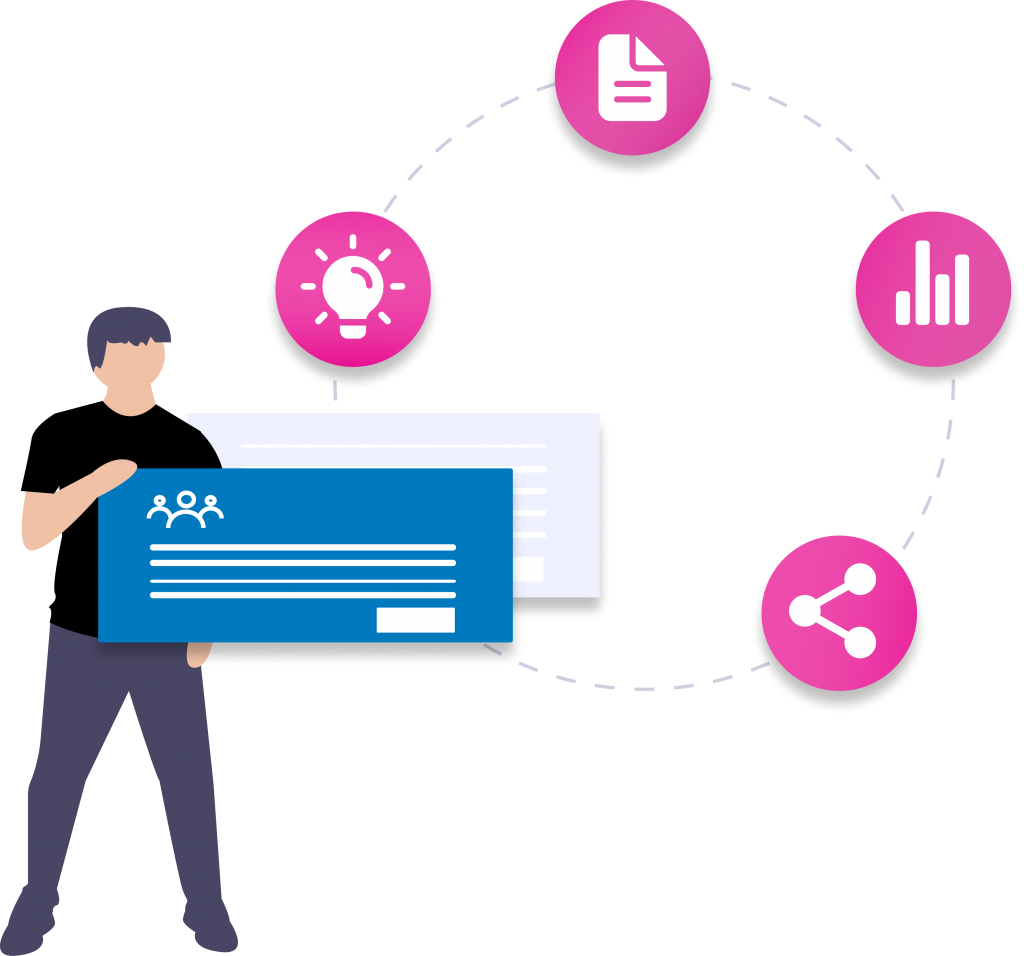What is an Expert System?
An Expert System is a computer program (software) that uses artificial intelligence (AI) to reproduce the judgment of a human with expert knowledge in a particular field.
A good Expert System solves a problem accurately, quickly and is easy to use. It doesn’t necessarily require technical wizardry. AI jargon can mask a bad Expert System.
Think of an Expert System as preserving the expertise of humans in a database of knowledge. An Expert System attempts to act like a human expert on a particular subject area. The data in the knowledge base is added by humans that are experts in a particular domain and the Expert System is used by a non-expert user to acquire information.
Expert Systems are often used to help non-experts when a human expert is too expensive, the results too slow if use a human(s), error rate too high with a human(s), unintentional human bias, or it is difficult for a person to reach the location.
Components of an Expert System
- Knowledge base
This is where the knowledge (information) is stored. It is created from information provided by human experts. It is a collection of facts and rules. The better the quality of the information and the understanding of the problems for the end user the better the results.
- Inference engine
This acts like a search engine, examining the knowledge base for information that matches the user’s query/search.
- User interface
When you tap on the call button on your phone that is part of the user-interface. It’s the front end that you can see and interact with. The best ones are easy to use.
A good user interface allows non-expert users to query the Expert System (ask a question) and to receive advice (an answer that is easy to understand).
What an Expert Systems is capable of doing
- Advising
- Instructing and assisting human in decision making
- Demonstrating
- Deriving a solution
- Diagnosing
- Explaining
- Interpreting input
- Predicting results
- Justifying the conclusion
- Suggesting alternative options to a problem

